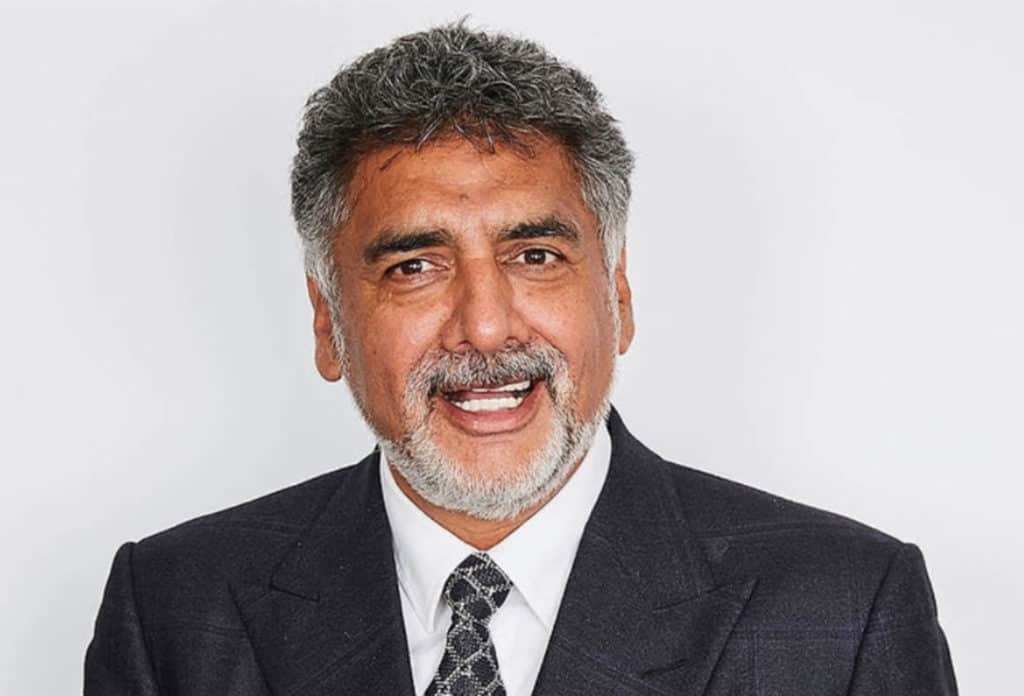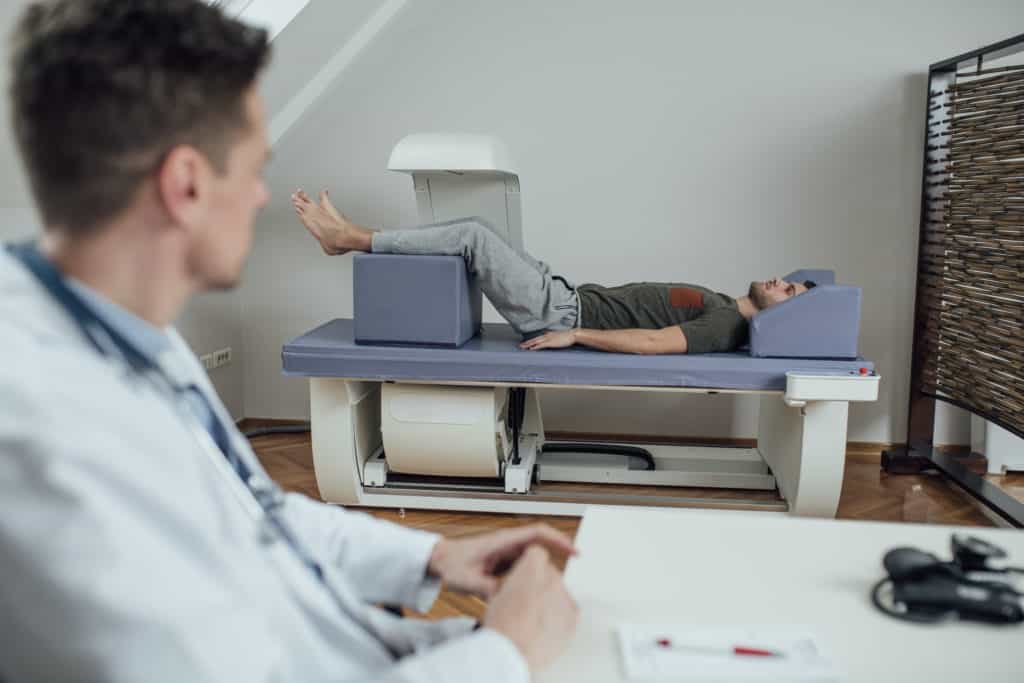As well as being extremely frustrating and disruptive, severe cases of stress can pose serious physical health concerns including an increased risk of diabetes, cardiovascular disease and even Alzheimer’s. Additionally, around 51% of all stress cases link directly to workplace stress.
A Harvard study, which observed brain scans, suggested that when you are stressed, your amygdala (the area of the brain that deals with stress) signals to the bone marrow to produce extra white blood cells. This in turn causes the arteries to become inflamed; inflammation is involved in the process that leads to heart attacks, angina and strokes.
When your body experiences stress, the amygdala sends a distress signal to your hypothalamus, which then communicates this to the rest of your body so it is ready to fight or for flight. The researchers found that the link between activity in the amygdala and later heart events and stroke was due to increased bone-marrow activity and arterial inflammation.
The study went on to look specifically at inflammation of the arteries and activity in the amygdala in highly stressed people, and again found an association between raised amygdala activity and more arterial inflammation. People who rated themselves as more stressed were also more likely to have higher levels of activity in the amygdala.
The only means of detecting signs of a heart attack caused by stress or otherwise or discovering whether you are at high risk, is to intricately look inside your heart and arteries via a comprehensive CT scan.
There are roughly three different tiers of health checks that are offered in the UK; firstly one that is performed as a routine check; These routine checks may test your blood pressure, perform a set of blood tests and ask questions about any symptoms to rule out or provisionally diagnose certain conditions.
Secondly, a statistical health assessment can be carried out by a your health practitioner. This kind of assessment may consist of blood tests and a stress echocardiogram, accompanied by them asking a series of strategic questions based around risk factors, in order to compare your answers and results to a ‘statistical’ board, which will help your doctor predict your overall risk of getting certain cancers or disease. You may then be offered lifestyle changes or health & nutrition advice as treatment based upon your hypothesized diagnosis.
Statistics and probability measures are by no means 100% accurate and what may be applicable for one patient may be entirely different for another- everyone is an individual and each persons body works and performs very differently. These kind of assessments can be counter-productive as the advice you receive, based upon a probable model, may be entirely different to what your body actually needs.
These types of routine health check-ups have a very low probability of efficiently diagnosing disease, cancers and other ailments. For example, If your blood pressure is flagged as being low during your check-up, it could be due to any of the following:
- Heart problems
- Endocrine problems
- Dehydration
- Severe infection
- Severe allergic reaction
- parathyroid disease
If your blood pressure is flagged as being high, it is could be for the following reasons:
- Kidney disease
- Diabetes
- Long-term kidney infections
- Glomerulonephritis – damage to the filters inside the kidneys
- Narrowing of the arteries supplying the kidneys
- Hormone problems – such as an underactive thyroid, an overactive thyroid, Cushing’s syndrome, acromegaly, increased levels of the hormone aldosterone (hyperaldosteronism), and phaeochromocytoma
- Lupus – a condition in which the immune system attacks parts of the body, such as the skin, joints and organs
- Scleroderma – a condition that causes thickened skin, and sometimes problems with organs and blood vessels
Without utilising a full suite of scanning technology, it is impossible to know which disease could be the cause, for any of these diseases to be ruled out, or to be diagnosed. Fully comprehensive health assessments, which are undergone by utilising all of the essential modalities; CT, MRI, Ultrasound and blood tests that include tumour markers, to go underneath the ‘bonnet’ and see what is really happening inside the body, is the one and only accurate way of screening.
Heart attack and cardiovascular problems within high- stress and competitive industries.
In a LinkedIn post that went viral, Jonathan Frostick, a U.K.-based regulatory professional and program manager at HSBC, shared his personal near-death experience after he recently suffered a heart attack at his work desk. His epiphany in recognizing his health comes before everything, has become a very popular news story the past week.
Jonathan said:
“I sat down at my desk at 4 p.m. to prep for this week’s work. And then I couldn’t really breathe. My chest felt constrained, I had what I can only describe as surges in my left arm, my neck, my ears were popping.”
A 2018 research determined that banking/ finance workers under 50 who were chronically stressed, were 68% more likely to suffer heart attack.
The research also determined:
- Bankers in their 20s and 30s are being admitted to the hospital more frequently with cardiac conditions and heart attacks, according to cardiologists in the UK.
- One doctor estimated that he saw a 10% rise in bankers under 30 being admitted to the hospital in the last decade.
- One former banker shared her experience in which she suffered a cardiac event in her early-20’s after frequently working until 4 a.m.
Over the years, businesses within highly stressful and demanding sectors have started better prioritizing their own and their employees’ health through a number of different initiatives, many are seeking a corporate health assessment programme to ensure the health and longevity of their employees which is personal, efficient, effortless and most importantly, accurate.
Echelon health’s bespoke corporate services have benefited corporations generating undeniable results; Echelon Health work with law firms within the Magic Circle and successful FTSE 100 ranking corporations implementing bespoke cardiac screening assessments. Following our health assessments, cardiac events were reduced among one of the companies’ senior employees from 3 per year, to zero over a period of two years.
Our radiologists
Our excellence in quality spans across the entirety of our products and services, including the standard and accuracy of our results; all our scans and images are reviewed by up to seven of the most renowned radiologists in the country, all drawn from prestigious London teaching hospitals. As a client of Echelon Health, you can be completely confident in the accuracy of your results every time.
Our technology
We recognise that no single scanner is sufficient in assessing the entirety of the body for causes of premature death. A combination of modalities is essential to determine the most accurate results; that is why we utilise all the core imaging modalities – CT (Computed Tomography), MRI (Magnetic Resonance Imaging) and ultrasound.
When it comes to the health of our clients, we only utilise technology that is quite simply the best: Our 3T MRI scanner and Aquilion One Prism CT scanner, are the most advanced scanners in use worldwide, and for the latter the only one currently available in London.
Our Medical Advisory Committee
We are committed to practicing the very highest clinical standards and go to immense lengths to ensure that every angle of our service is driven by excellence; we draw upon the expertise of our Medical Advisory Committee which is comprised of consultants who are leaders in their field. Our Medical Advisory Committee guides us on best clinical practice and helps ensure we maintain our excellence in patient care and safety.
The last year has, amongst many other valuable lessons, taught us the importance of prioritizing our health.
To learn more about our corporate services, Enquire Now or download our brochure.
Sources
NHS UK- High Blood Pressure https://www.nhs.uk/conditions/high-blood-pressure-hypertension/causes/
NHS UK- Low Blood Pressure (hypotension) https://www.nhs.uk/conditions/low-blood-pressure-hypotension/
Business Insider- Bankers in their 20’s and 30’s having more heart attacks https://www.businessinsider.com/bankers-20s-and-30s-heart-attacks-2018-7?r=US&IR=T
Forbes- HSBC Manager suffers heart attack https://www.forbes.com/sites/jackkelly/2021/04/23/hsbc-regulatory-manager-shared-his-sudden-heart-attack-near-death-experience-our-obsessive-work-culture-and-new-outlook-on-life-in-a-viral-linkedin-post/?sh=1fa9f63961e5
The British Heart Foundation- Stress and heart attacks https://www.forbes.com/sites/jackkelly/2021/04/23/hsbc-regulatory-manager-shared-his-sudden-heart-attack-near-death-experience-our-obsessive-work-culture-and-new-outlook-on-life-in-a-viral-linkedin-post/?sh=1fa9f63961e5





